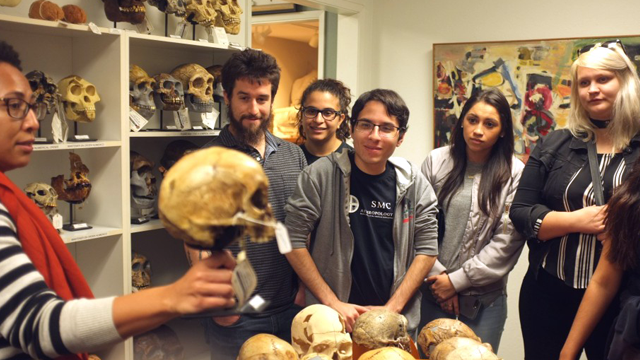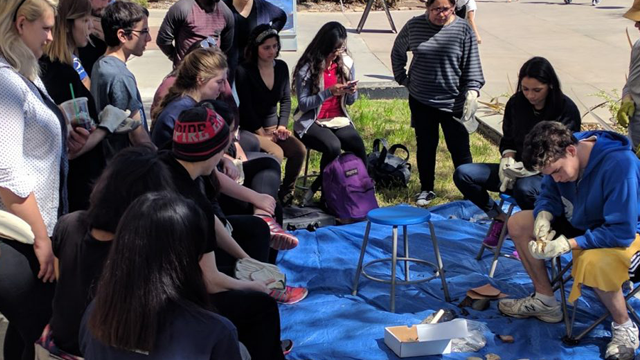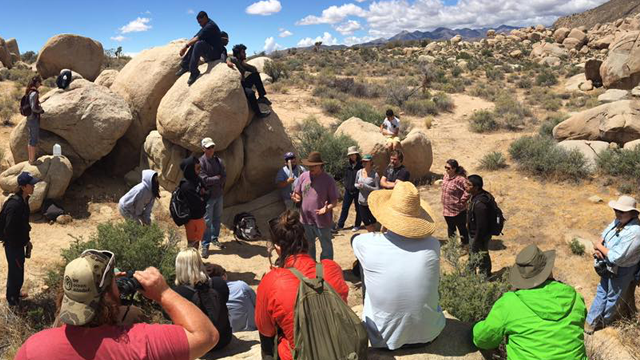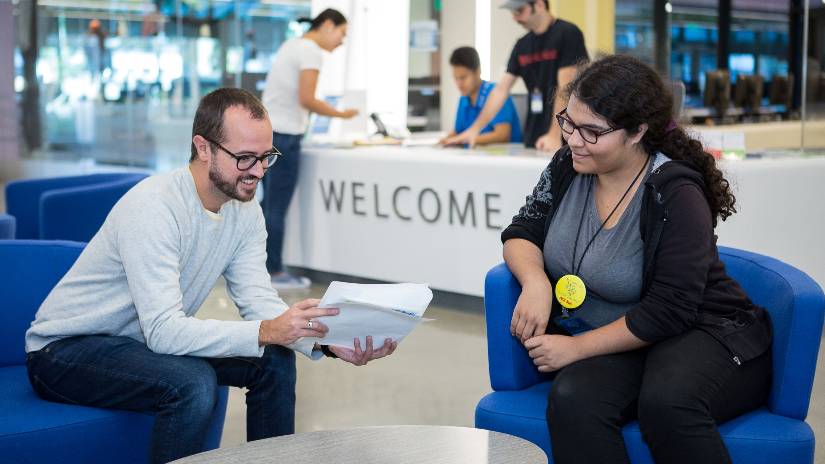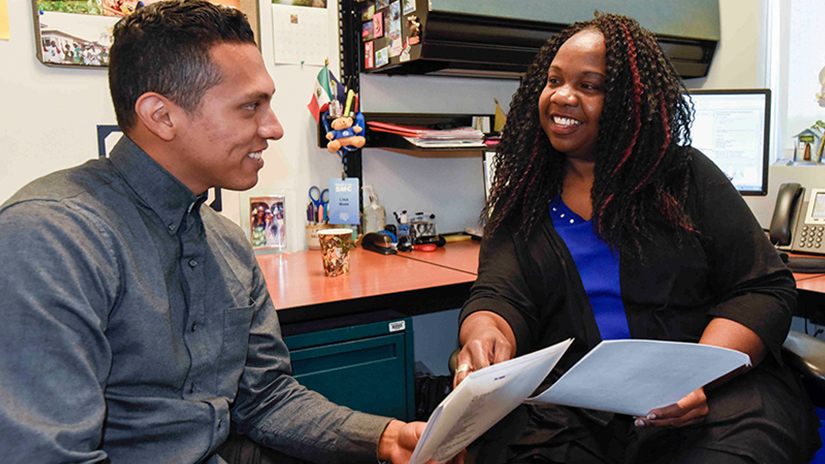| Job Title | Typical Education | Median Wage |
|---|---|---|
| Evolutionary Biologists | Bachelor Degree | $79,610 |
| Forensic Science Technicians | Bachelor Degree | $58,230 |
| Geneticists | Doctoral Degree | $84,167 |
| Museum Curator | Master's Degree | $71,873 |
Additional career options: Cultural Resource Management, Human Resources Manager,
International Law & Policy Analyst, Linguist, Peace Corps Manager/Volunteer, Primatologist,
Public Health Analyst, and Public Relations Officer.
(This list is by no means comprehensive.)



